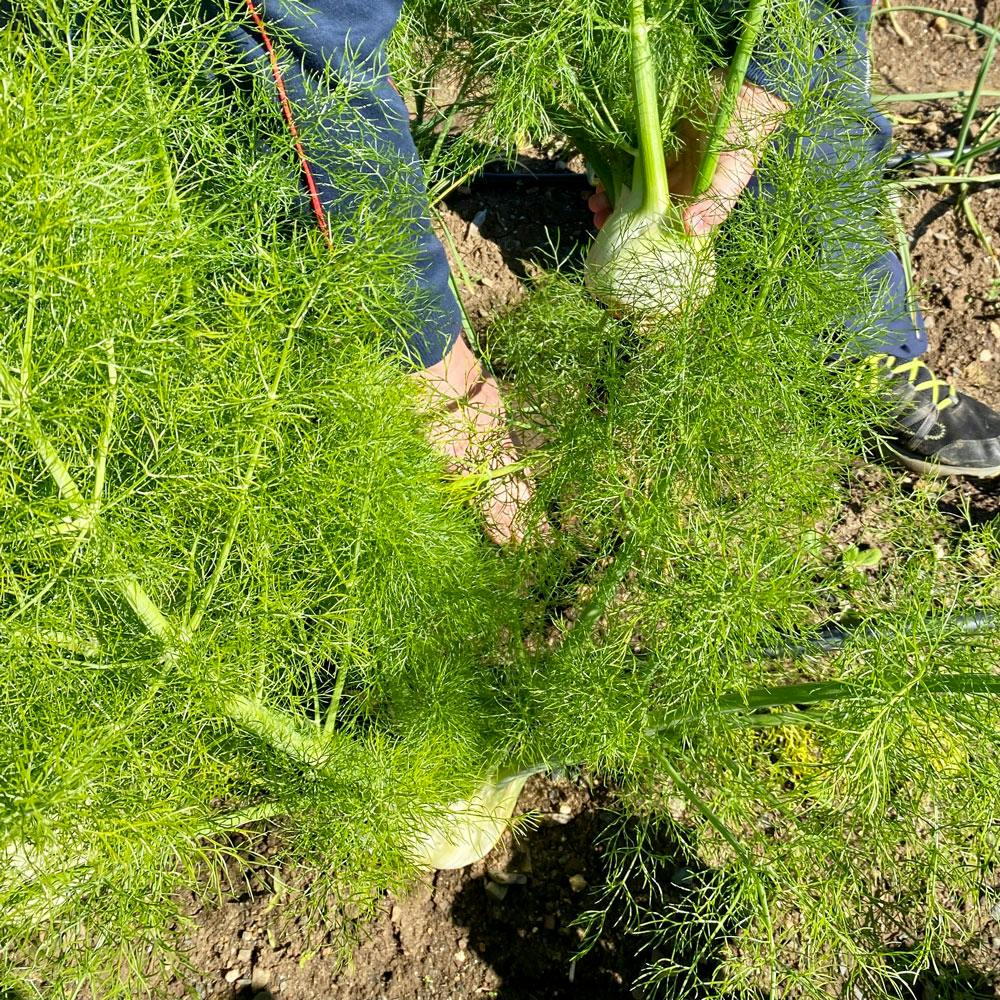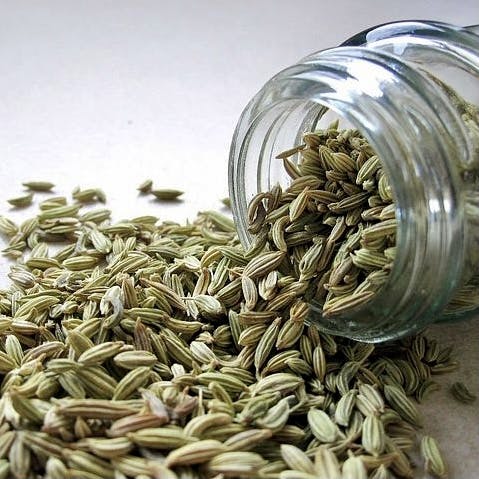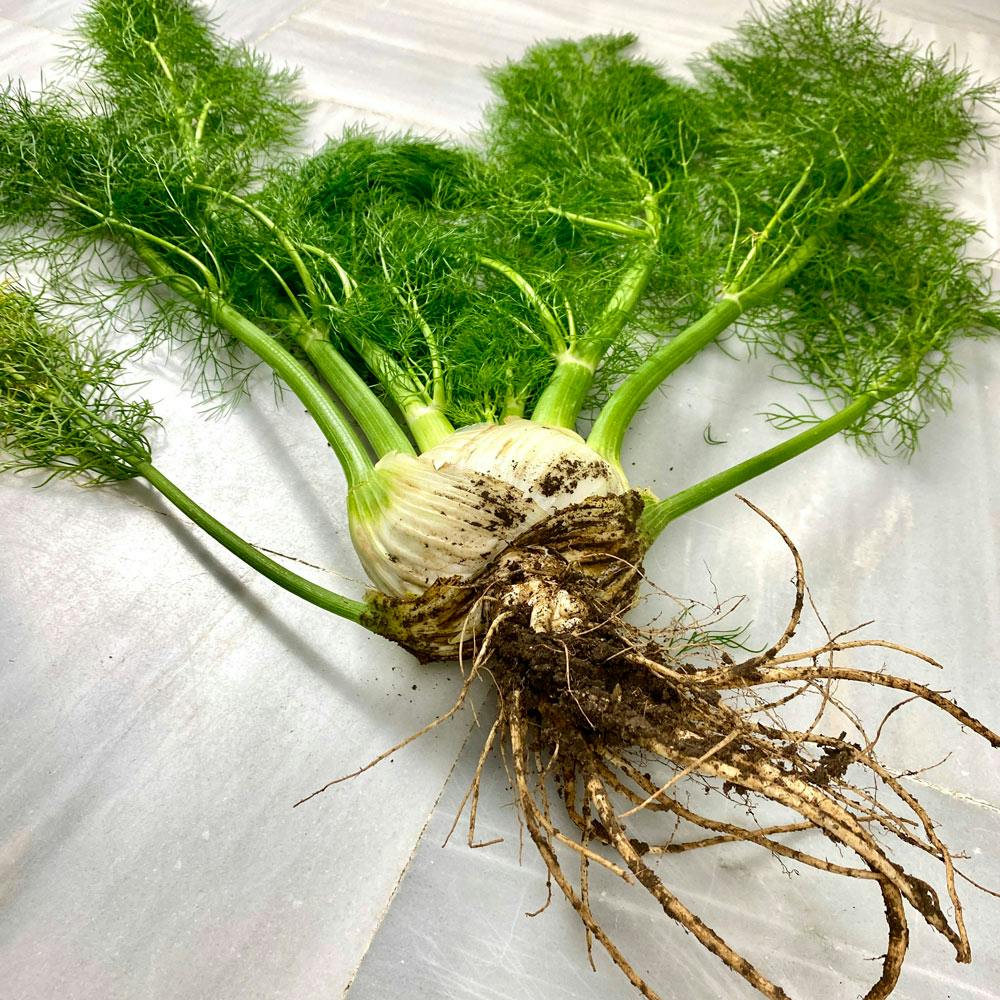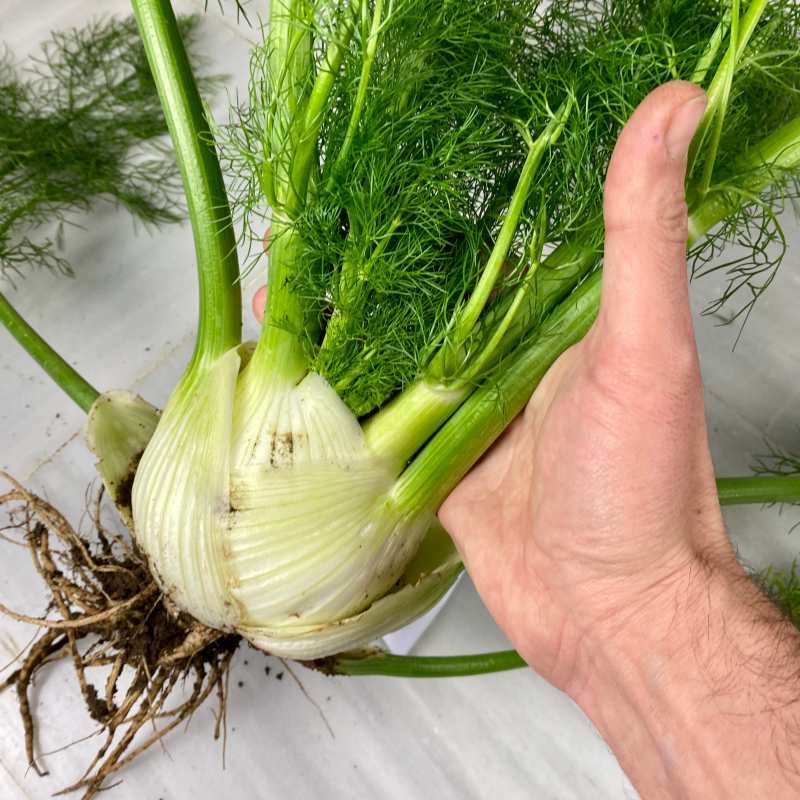Fennel, a Veggie Full of Qualities
Today we'll explore fennel and its diverse health-promoting properties. This bulb, known for its anise-like flavour, not only adds a distinctive touch to your recipes but also boasts a range of nutritional features that could enhance your well-being. From potential digestive benefits to its ability to strengthen the immune system, we'll take a closer look at why fennel is gaining popularity in mindful cooking. Join us as we examine how this versatile ingredient can bring both flavour and health to your daily diet.

This beautiful and aromatic vegetable has been used as a medicinal element since ancient times. Always closely related to the care of the digestive system. It is very common to find it in the Mediterranean area of the country; it grows wild and is also cultivated in orchards. In winter, it remains dormant, root-shaped, to sprout in spring with needle-shaped leaves, its stems reaching a right height. It blooms in summer, with parasol-shaped flowers. With the summer heat, it begins to dehydrate externally, and its seeds dry out.

Fennel Seeds
Fennel History
More than 700 magic formulas found in Egyptian papyri from 3,500 years ago testify to the importance given to this vegetable in the diet of the country of the pharaohs. In Greece, it was considered a gift from the gods and symbolised success since the famous battle of Marathon in 490 BC. C, between Athens and Persia, took place in a field of fennel (máratho, the name of fennel in Greek). The Romans cultivated it for its edible shoots and aromatic fruits. There is also an ancient Indian tradition that qualifies it as the "pearl of aphrodisiacs", forming part of supposedly exciting potions and concoctions.

Fennel, how to use it?
Fennel is commonly used in the gastronomy of Spain in the preparation of pickles, dressings and sauces, for providing a typical aniseed aroma. It is a common ingredient to flavour the famous olives in different olive-growing regions of Spain. We can also find a great variety of Stews in which fennel is always seen as a common ingredient. In Galicia, it is traditionally used to flavour cooked chestnuts.
Benefits of eating Fennel

- Regulates the digestive system, and helps to expel gases.
- Taken as an infusion, it opens the appetite and helps to reduce stomach pain and inflammation of the belly.
- It is a natural cleanser for its diuretic power, so it helps us eliminate fluids and toxins.
- The fennel infusion relieves inflammation of the eyelids and styes.
- Helps fight gingivitis, mouth infections and bad breath, chewing its seeds after meals.
- Helps to expel mucus from the airways and calm coughs.
- It acts as a natural estrogen for women. And it increases milk production in nursing mothers.
Thank you for joining us on this culinary journey focused on fennel. Stay connected for more tips on healthy eating and delicious recipes.
Have a Tasty Day!



